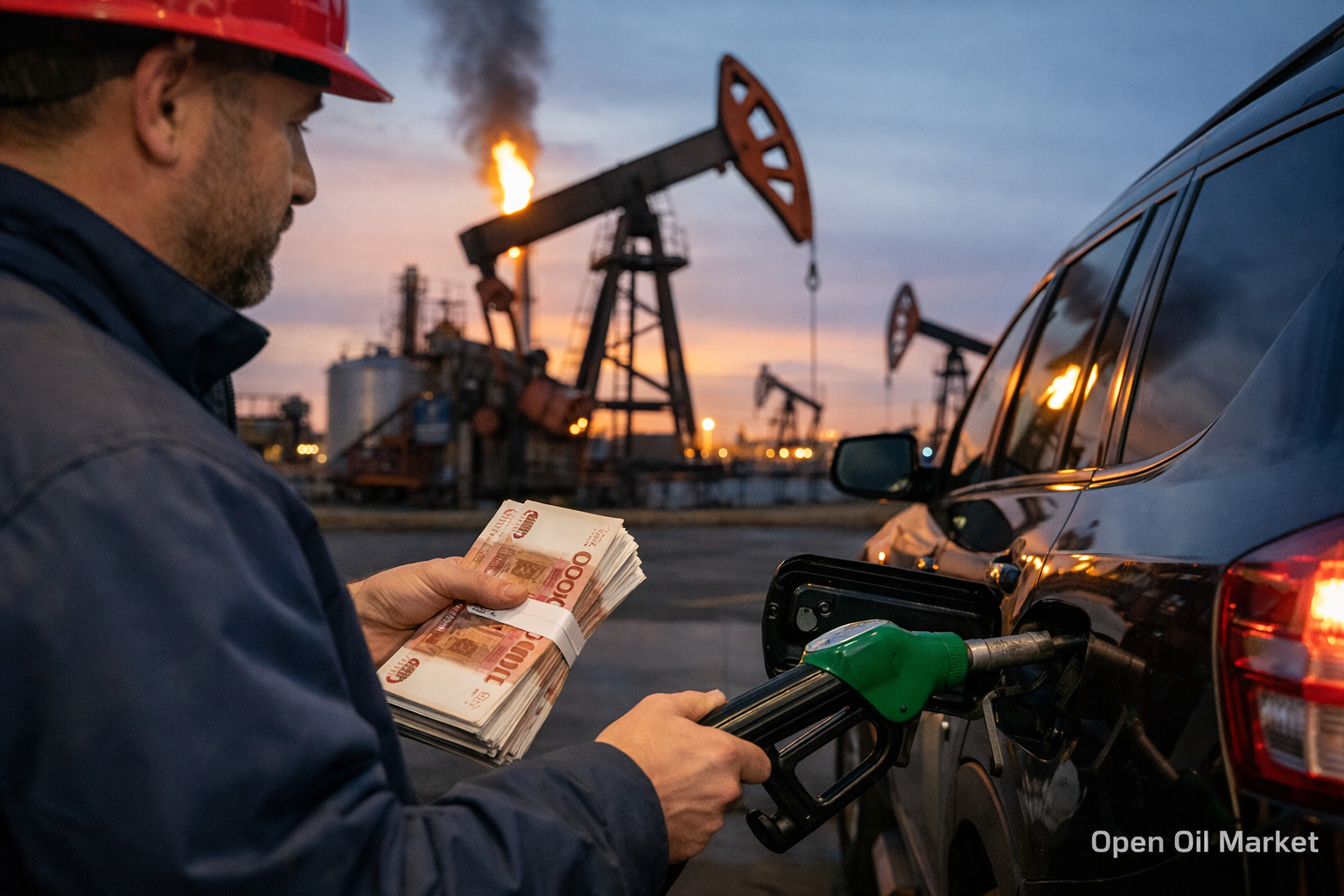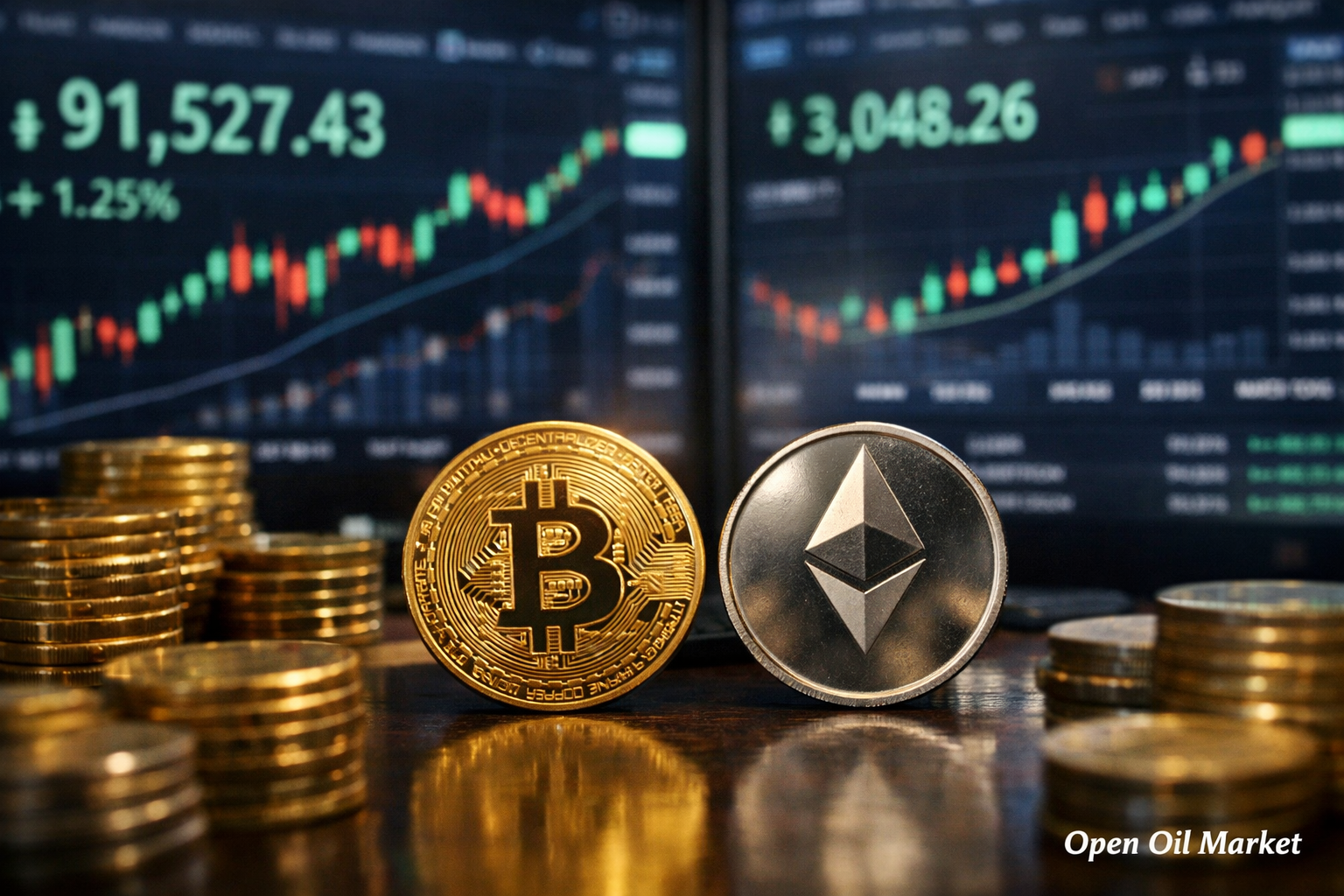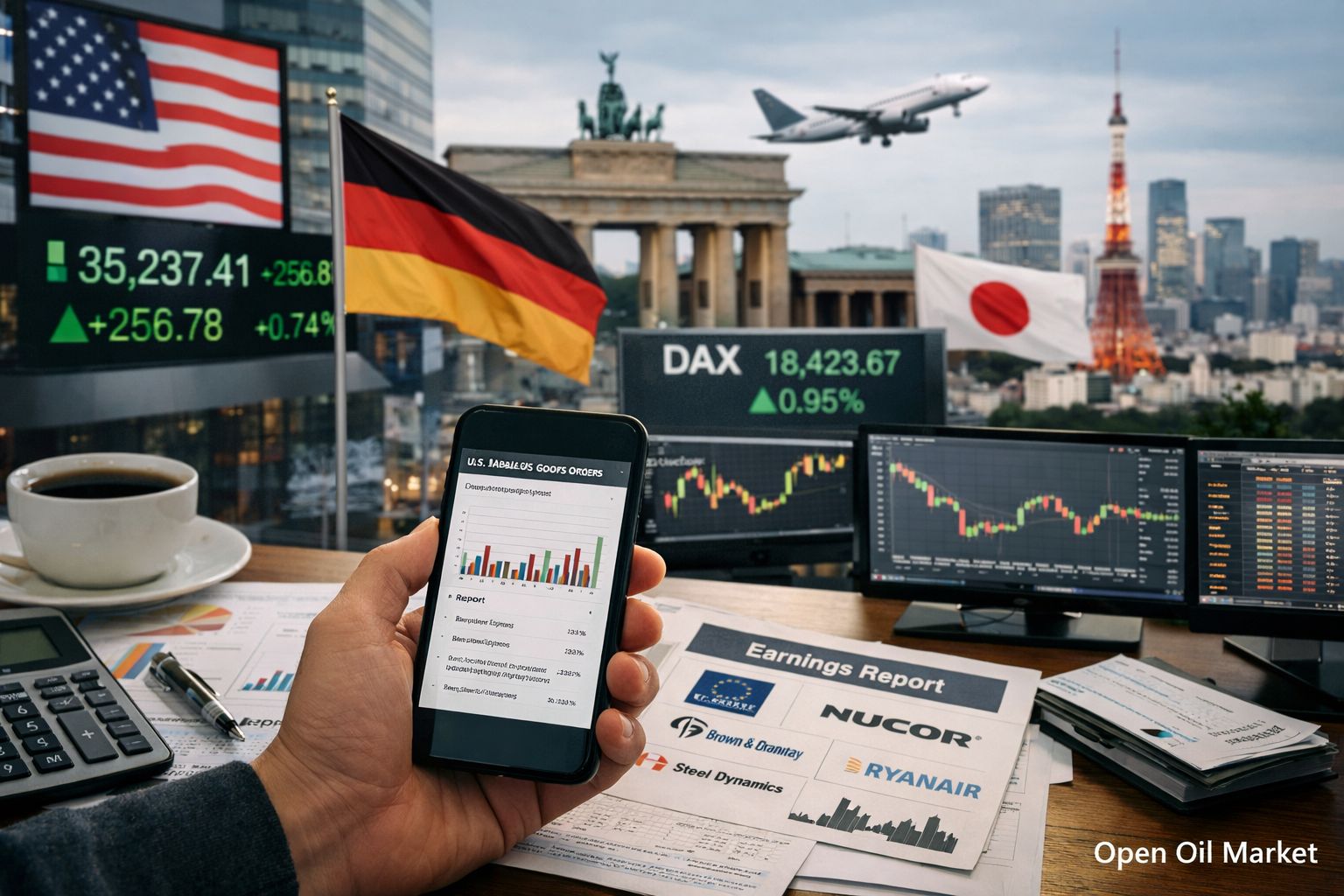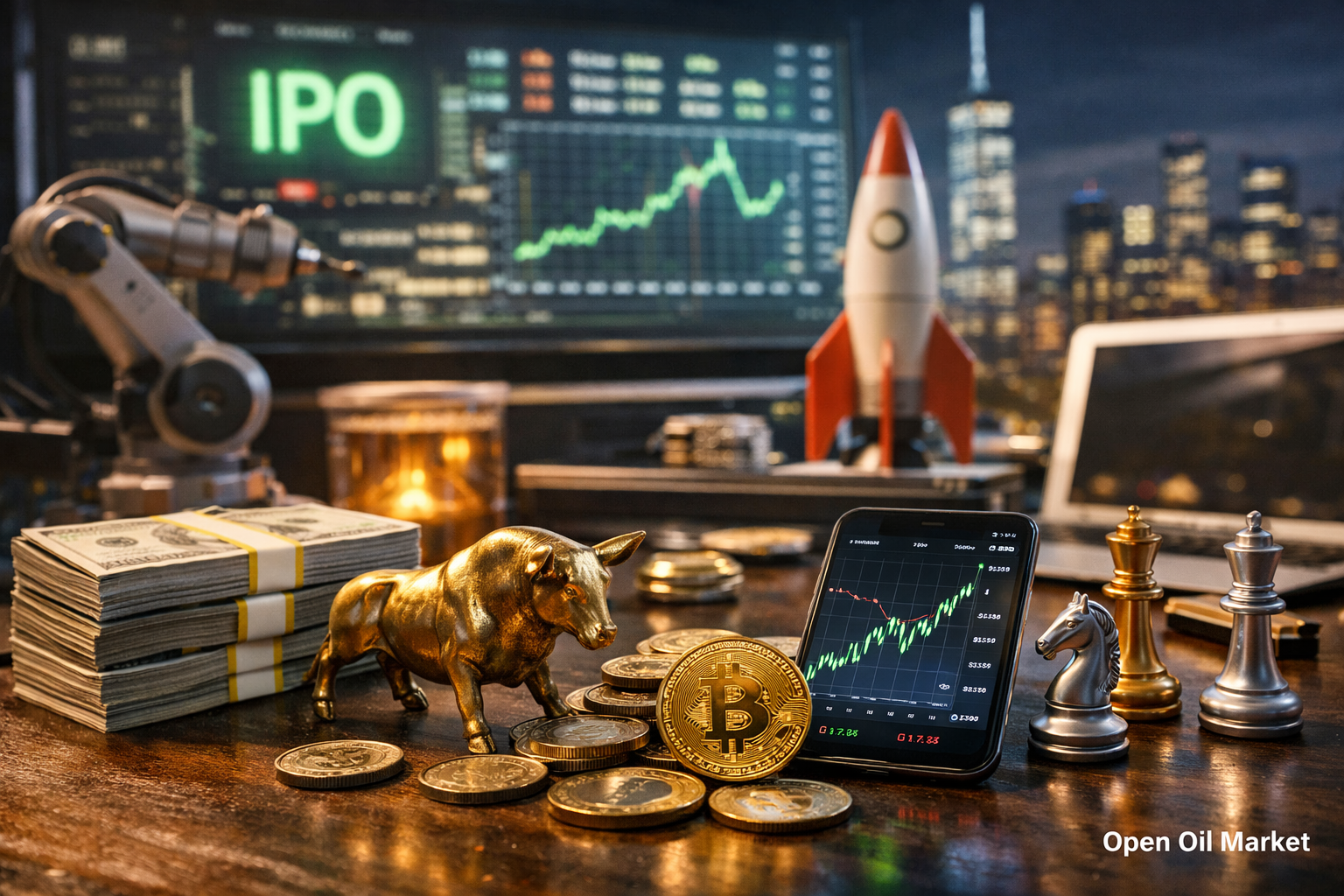
Startup and Venture Capital News — Wednesday, 29 October 2025: Mega Rounds in AI, Climate Startup Boom, Defence Technologies and a New Wave of IPOs
By the end of October 2025, the global venture capital market continues to gain momentum following a period of decline. Investors around the world are once again actively financing technology startups — record funding rounds are being completed, and the plans of companies to go public (IPO) are once again in the spotlight. Major players are returning to the arena with significant investments, while governments in various countries are enhancing support for innovation. As a result, private capital is flooding into startup ecosystems around the world, providing resources for a new phase of growth.
Growth in venture activity is being observed across all regions. The United States confidently leads the pack (especially in artificial intelligence), with investment volumes in startups in the Middle East breaking records, and Germany surpassing the United Kingdom for the first time in terms of venture deals in Europe. Record amounts of capital are being attracted in India, Southeast Asia, and the Gulf countries against a backdrop of relative decline in China. Technology hubs are also emerging in Africa and Latin America (for example, Africa recently witnessed the largest investment of around $100 million in the electric mobility sector). Startup ecosystems in Russia and CIS countries are also striving to keep pace despite external restrictions. A global venture boom is forming at early stages, although investors are still acting selectively and cautiously.
Below are key events and trends shaping the venture market agenda as of 29 October 2025:
- The return of mega-funds and large investors. Leading venture funds are attracting unprecedented amounts of capital and sharply increasing investments, saturating the market with liquidity and fuelling risk appetite.
- Record rounds in AI and a new wave of 'unicorns.' Unprecedented deals are pushing startup valuations to unseen heights, especially in the artificial intelligence segment, creating new 'unicorns.'
- Market revitalisation for IPOs. Successful public listings of technology companies and new listing applications confirm that the long-awaited 'window' for exits has reopened.
- Diversification of sector focus. Venture capital is being directed not only to AI but also to fintech, climate projects, biotechnology, defence developments, and even crypto startups.
- A wave of consolidation and M&A deals. New major mergers, acquisitions, and strategic investments are reshaping the industry landscape, creating opportunities for exits and accelerated growth.
- Local focus: Russia and CIS. Despite restrictions, new funds and initiatives to develop local startup ecosystems are being launched in the region, attracting investor attention.
The Return of Mega-Funds: Big Money Back in the Market
The largest investment players are triumphantly returning to the venture scene, indicating a new growth in risk appetite. For instance, the Japanese conglomerate SoftBank has announced the establishment of a new Vision Fund III with a volume of around $40 billion, focusing on advanced technologies (including artificial intelligence and robotics). Sovereign funds from Gulf countries have also become active, pouring billions of dollars into technology projects and developing state mega-programmes to support the startup sector, thus forming their own technology hubs in the Middle East. At the same time, numerous new venture funds are emerging around the world, attracting significant institutional capital for investments in high-tech fields.
Renowned Silicon Valley firms are also increasing their presence. In the American venture sector, funds have amassed unprecedented reserves of uninvested capital (“dry powder”) — hundreds of billions of dollars ready to be deployed as market confidence grows. The influx of 'big money' is filling the startup market with liquidity, securing funding for new rounds and supporting the growth of promising companies' valuations. The return of mega-funds and large institutional investors not only intensifies competition for the best deals but also instils confidence in the industry regarding continued capital influx.
Record Investments in AI and a New Wave of 'Unicorns'
The field of artificial intelligence is the main driver of the current venture upswing, demonstrating record levels of funding. Venture investors are eager to position themselves with leaders in this sector, directing colossal funds into the most promising AI projects. For instance, the startup xAI, led by Elon Musk, reportedly raised around $10 billion, while OpenAI received approximately $8 billion at a valuation of around $300 billion — both rounds were significantly oversubscribed, underscoring the excitement surrounding AI companies. Notably, investments are directed not only towards end applications based on AI but also towards infrastructure for them: the market is ready to finance even the 'shovels and pickaxes' for the new AI ecosystem, such as startups in data storage and AI chip manufacturing.
The current investment boom is spawning a wave of new 'unicorns' — startups valued at over $1 billion. While experts warn of the risk of overheating and the formation of a 'hype bubble' around AI, investor appetite for AI startups remains unabated. Nevertheless, the growing concentration of capital among a narrow group of leaders raises concerns: the market is becoming 'two-speed,' where successful AI companies attract the lion's share of funding, while many lesser-known startups outside the AI domain find it harder to secure financing.
The IPO Market Revives: A Window of Opportunity for Exits
The global market for initial public offerings is emerging from its dormancy and gaining momentum. In Asia, a new wave of IPOs has been launched by Hong Kong: several large technology companies have gone public in recent weeks, collectively raising billions of dollars. For example, the Chinese battery manufacturer CATL successfully raised approximately $5 billion through its IPO, demonstrating that investors in the region are again eager to engage in IPOs.
The situation is also improving significantly in the US and Europe. The American fintech 'unicorn' Chime recently debuted on the stock market, and its shares rose by around 30% on the first day of trading. Following it, the design platform Figma conducted an IPO, raising around $1.2 billion at a valuation of approximately $15–20 billion; Figma's shares also rose steadily in the initial days. In the second half of 2025, other well-known startups are preparing for public offerings — among them, the payment service Stripe and the travel technology company Navan, which plans to raise around $1 billion. Even crypto industry representatives are trying to take advantage of the revival: for example, the financial company Circle successfully went public last summer (its shares subsequently rose significantly), while the cryptocurrency exchange Bullish has submitted a listing application in the US with a target valuation of around $4 billion.
The renewed activity in the IPO market is extremely important for the venture ecosystem: successful public exits allow venture funds to realise profitable exits and redirect freed-up capital into new projects. According to industry analysts, by the end of October, the number of IPOs in the American market has increased by nearly 60% compared to the previous year. This confirms that the 'window of opportunity' for exits is open, and investors are once again ready to welcome new public companies.
Diversification of Investments: Not Just AI
In 2025, venture investments are encompassing an increasingly broad range of sectors and are no longer limited to artificial intelligence alone. Following last year's downturn, fintech is once again reviving: large funding rounds are occurring not only in the US but also in Europe and emerging markets, fuelled by the growth of new financial services. At the same time, interest in climate technologies and 'green' projects is intensifying — this segment is attracting record investments amid the global trend towards sustainability. In the first nine months of 2025 alone, over $50 billion has been invested in climate and clean energy startups, already exceeding the total volume for the entire year of 2024.
An appetite for biotechnology is also returning: the emergence of new drugs and medical online platforms is again attracting capital as the industry emerges from a period of declining valuations. Additionally, amid increased attention to security, investors are more actively supporting defence technology projects — startups related to defence and cybersecurity are coming to the forefront of the venture agenda. Finally, a partial recovery of confidence in the cryptocurrency market has allowed some blockchain startups to secure funding once again. The expansion of sector focus is making the entire startup scene more resilient and reducing the risk of overheating in individual segments of the economy.
Consolidation and M&A Deals: The Growth of Players
High startup valuations and fierce competition for markets are driving the industry towards consolidation. Major mergers and acquisitions are once again coming to the forefront, reshaping the balance of power. For instance, Google is reported to have agreed to acquire the Israeli cybersecurity startup Wiz for approximately $32 billion — a record sum for the technology sector in Israel. Such mega-deals demonstrate the intention of technology giants to secure key technologies and talents.
Overall, the current activity in acquisitions and major strategic deals signals the maturation of the market. Mature startups are merging with each other or becoming targets for acquisition by corporations, while venture investors see opportunities for the long-awaited profitable exits. For instance, Shane Copland, the founder of the blockchain platform Polymarket, sold a stake in the company for $2 billion to a strategic investor (owner of the New York Stock Exchange), valuing the startup at $8 billion and making Copland the youngest self-made billionaire in the world. Additionally, AMD has struck a deal worth tens of billions of dollars with OpenAI — to supply specialised AI chips and received an option for a stake, showcasing a new format of partnership between major corporations and startups.
The wave of consolidation has reached various sectors: from fintech to healthcare, from artificial intelligence to defence. Major venture funds and investors are also participating in these deals, aiming to capture profits and redirect capital towards new promising projects. As a result, the consolidation of players creates conditions for more sustainable growth: the strongest companies gain access to each other's resources and technologies, while investors achieve exit opportunities and the potential to reinvest funds.
Russia and CIS: Local Initiatives Amid Global Trends
Despite external restrictions, there is a revival of startup activity in Russia and neighbouring countries. Specifically, several new venture funds with a total volume of approximately 10–15 billion rubles have been announced, aimed at supporting early-stage technology projects. Local startups are beginning to attract substantial capital: for instance, the Krasnodar-based food tech startup Qummy recently secured 440 million rubles in investments at a valuation of around 2.4 billion rubles. Moreover, the authorities are taking steps to stimulate the market: the Ministry of Finance of the Russian Federation has announced plans to require large state companies to invest in startups as 'business angels' to direct part of corporate funds towards supporting innovation.
Certain large companies are also considering taking their technology divisions public as market conditions improve — for instance, VK Tech has hinted at the possibility of an IPO in the near future. Notably, foreign investors have once again been permitted to invest in local projects in Russia, gradually rekindling interest from overseas capital. Although the volumes of venture investments in the region are still modest compared to global figures, they are steadily increasing. New government support measures and corporate initiatives aim to provide an additional boost to the local startup scene and integrate it into global trends.
Cautious Optimism and Qualitative Growth
By the end of October 2025, the venture market is demonstrating moderately optimistic sentiments: successful IPOs and major deals confirm that the downturn period has been left behind. Nevertheless, investors are still approaching investments selectively, favouring startups with sustainable business models. Colossal inflows of capital into AI and other sectors instil confidence in the prospects, but funds are striving to diversify portfolios and exercise stricter risk control to prevent a new upswing from turning into overheating. Thus, the industry is entering a new phase of development with an emphasis on qualitative, balanced growth. Unless external shocks occur, the current venture upswing has a chance to transition smoothly into 2026, continuing to delight investors with new opportunities.




